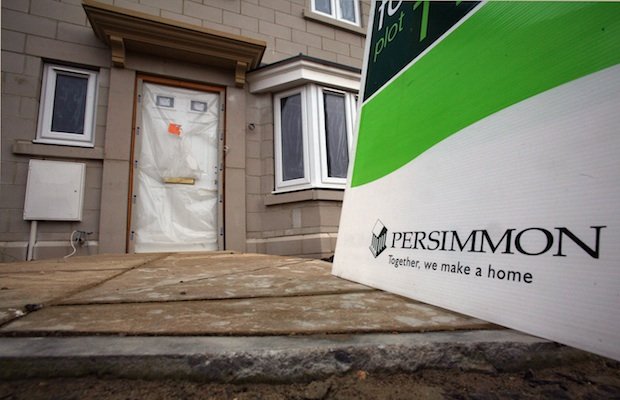House sales jump as Help to Buy kicks in

British house building company Persimmon has posted an increase in weekly private sales of 45 per cent in the third quarter. The firm attributed a large part of the stronger growth to the government's Help to Buy scheme, which the company says "has proved particularly attractive."
Persimmon sold 3,000 homes under the first phase of the scheme and has taken £650m of forward sales for 2014, a 41 per cent increase from last year. Despite recent success, the company is not seeing as much activity with the second phase of the scheme, with sales being "muted due to the higher level of interest rates being charged."
Persimmon expects Help to Buy to prove increasingly attractive for first time buyers and that sales will continue to rise.
We believe mortgages associated with the [original] Help to Buy equity loan scheme will remain the preferred choice for the majority of customers of the housebuilding industry given that interest rates for this product are significantly more competitive than those available with the Government guarantee.
The housing market across the UK is showing signs robust growth, with UK home sales during the July to September quarter 21 per cent higher than the same period last year. Halifax has reported that house prices rose 0.7 per cent in October and were up 6.9 per cent year-on-year, marking the ninth consecutive monthly increase. The rapid rise in house prices is becoming cause for concern, with some analysts fearing that the UK housing market may once again become subject to a bubble.
Howard Archer, IHS global insight:
There is a mounting danger that house prices could really take off over the coming months, especially if already significantly improving housing market activity and rising buyer interest is lifted appreciably further by the “Help to Buy” mortgage guarantee scheme which was launched earlier in October.
It is therefore of vital importance that policymakers closely monitor the situation and are prepared to act quickly and decisively if signs of the housing market overheating become increasingly widespread and pronounced.
